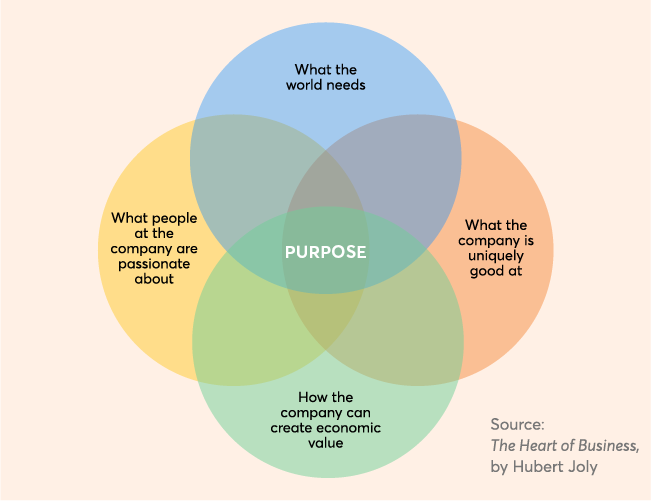Americans are more stressed than ever. A recent survey by Cigna found that four out of five people in the U.S. say they are stressed, and 15% of those surveyed say their stress is unmanageable. This feeling of pressure doesn’t just affect their personal lives, but their professional ones too. When that happens, organizations too feel the impact.
Stressed At Work
More than 70% of employees spend time at work worrying. A survey by Colonial Life revealed that 20% of employees spend more than five hours a week at work worrying and thinking about stressors. An additional 50% of employees say they lose one to five hours a week at work due to stress. With 70% of employees losing at least one hour of productivity per week, this, on a larger scale, costs U.S. businesses billions.
Employees know that stress affects their ability to perform. As a result of stress, 41% of employees said they were less productive, 33% said they were less engaged, 15% said they were looking for new jobs, and 14% said they were absent more often.
What Is Stressing Employees?
Jobs and finances created the most stress for employees with 29% worrying about employment and 24% being concerned about money. The next biggest cause of stress was health issues, whether for an individual or for a family member.
Who Is Stressed?
Even though the majority of employees report being stressed, some demographics feel the strain even more. The Cigna survey indicates that working women feel higher levels of stress than do working men, 88% compared to 80%. Employees between the ages of 35 of 49 had the least positive perceptions of wellness, which encompassed physical, family, social, financial, and work.
What Worsens The Impact Of Stress?
Even as people recognize increasing stress in their personal and professional lives, they are reluctant to address it. In the Cigna survey, Americans said they were not prioritizing their physical health by exercising less and eating more poorly than they should. This is evidenced by only 28% of respondents being at a healthy weight. Although those surveyed knew high blood pressure could be addressed with lifestyle changes, almost one-third were not taking steps to tackle it.
In addition, 65% of Americans said they didn’t get adequate sleep, and many Americans acknowledged that they did not spend enough time with family and friends. Both sleep and social connections can help reduce stress.
With employees not taking steps on their own to mitigate stress, they look to their companies to help, but only 25% surveyed reported getting assistance in managing stress from their employers. In fact, 61% said their company did not have any type of workplace wellness program.
How Can Companies Help?
Employees have ideas on how their companies can help with stress. Higher salaries, paid time off, additional retirement contributions, flexible work schedules and locations, additional medical coverage, and wellness programs and discounts.
Just as employees recognize the need for holistic well-being, companies can offer a variety of measures to address physical, mental, social, and financial stress. Some of these include:
- Provide resources for employees to better manage stress, such as meditation classes
- Enact policies to lower stress; implement a culture of health
- Offer financial wellbeing programs
- Provide an EAP or mental health resources
The stressors employees face are not likely to go away. In fact, they are increasing. For their own benefit and for the benefit of employees, companies must find way to help employees decrease stress and increase their well-being.












